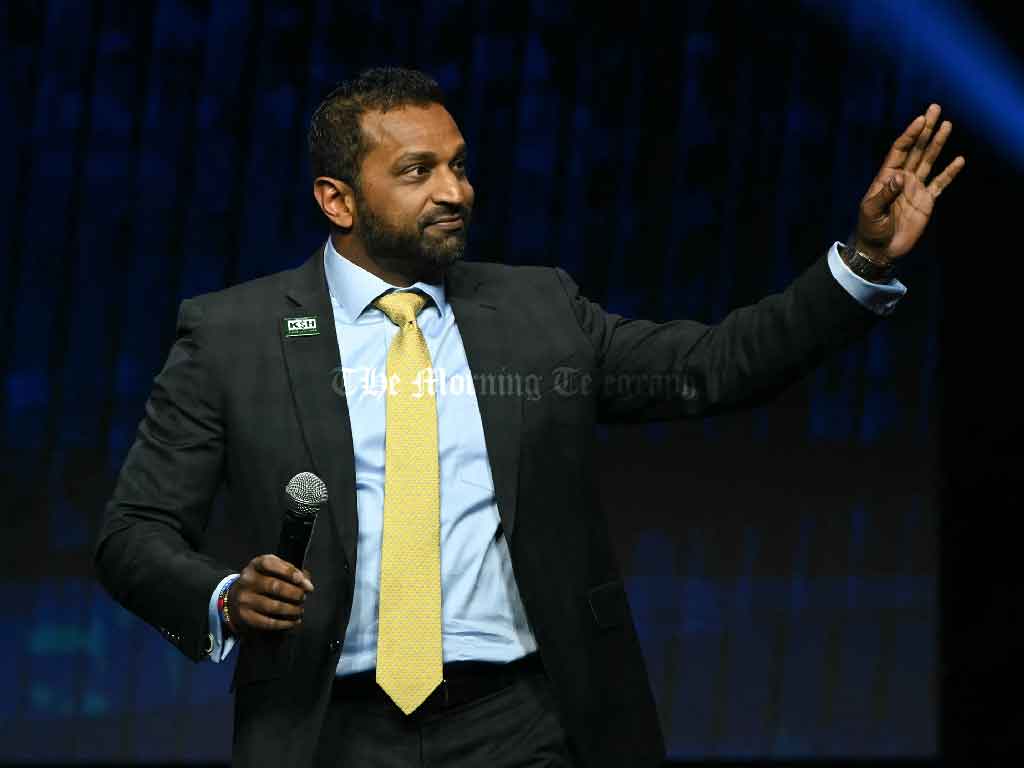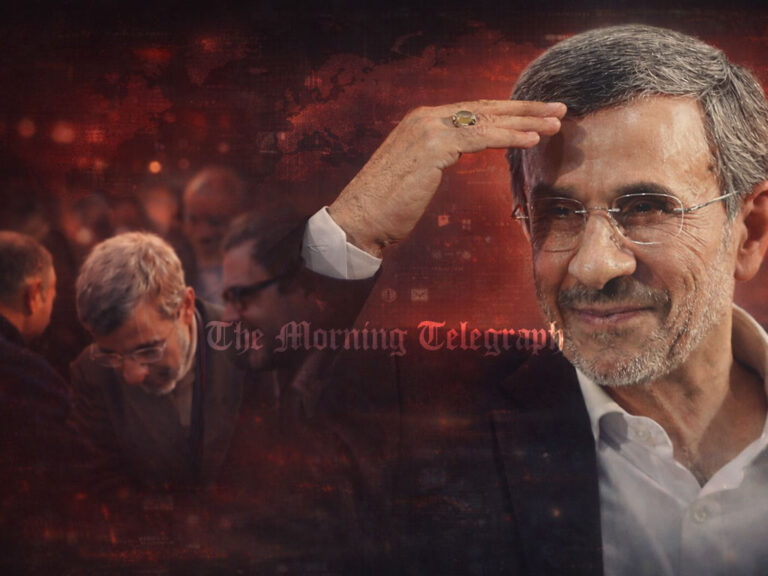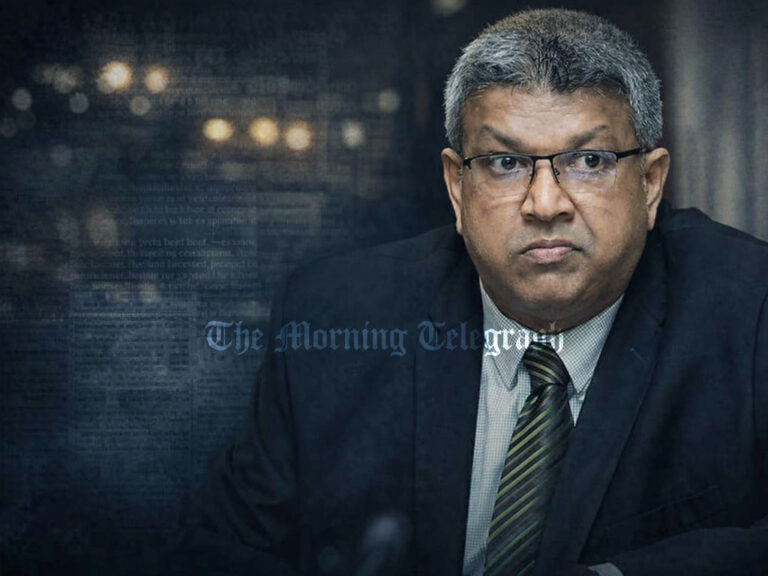
President-elect Donald Trump has nominated Kashyap “Kash” Patel as the next Director of the Federal Bureau of Investigation (FBI), signaling a significant shift in leadership at one of the nation’s top law enforcement agencies. Patel, a close ally of Trump and a vocal critic of the FBI’s current leadership, is expected to bring major reforms to the bureau. His appointment marks a pivotal moment in the relationship between the Trump administration and the U.S. intelligence community, which has been fraught with tension since Trump’s first term.
Patel, 44, is an attorney with extensive experience in national security, intelligence, and counterterrorism. He first gained national attention for his role in exposing the FBI’s surveillance of the Trump campaign during the 2016 election. He will succeed Christopher Wray, who has served as FBI Director since 2017. Wray’s term, originally set for ten years, will be cut short, pending either his resignation or dismissal by the incoming administration.
Trump announced Patel’s appointment on his social media platform, Truth Social, describing him as a brilliant lawyer and investigator who has dedicated his career to exposing corruption, defending justice, and protecting the American people. Trump credited Patel with playing a crucial role in uncovering what he called the “Russia Hoax,” referring to the investigation into Russian interference in the 2016 election, and expressed confidence in Patel’s ability to restore integrity to the FBI.
Patel began his legal career as a public defender in Miami-Dade County, Florida, after earning his law degree from Pace University and a certificate in international law from University College London. He later became a federal prosecutor at the Department of Justice, where he led high-profile cases against members of Al-Qaeda, ISIS, and other terrorist organizations. In 2017, Patel joined the House Permanent Select Committee on Intelligence as a senior counsel, working closely with then-Chairman Devin Nunes to investigate allegations of improper surveillance of the Trump campaign by the FBI and the Department of Justice.
During Trump’s first term, Patel served in various senior roles, including Deputy Director of National Intelligence and Chief of Staff to Acting Defense Secretary Christopher Miller. His work at the Pentagon and the National Security Council positioned him as a key figure in shaping U.S. defense and intelligence policies. In 2023, Patel published Government Gangsters: The Deep State, the Truth, and the Battle for Our Democracy, a book that critiques what he describes as entrenched corruption within the federal government.
Patel’s nomination has sparked significant controversy. Critics, including several media outlets, have raised concerns about his close ties to Trump and his outspoken criticism of the FBI. MSNBC’s Morning Joe described him as the embodiment of the MAGA movement’s frustration with the Justice Department and the FBI. In a recent interview, Patel outlined his vision for the bureau, stating that he would shut down the FBI’s Hoover Building on his first day and reopen it as a museum dedicated to exposing the deep state.
Despite the criticism, Patel has received strong support from Trump’s allies. Mike Davis, a former chief counsel for nominations on the Senate Judiciary Committee, praised Patel’s qualifications and expressed confidence that he would be confirmed by the Senate. Davis emphasized Patel’s potential to implement much-needed reforms at the FBI, which many Trump supporters view as a broken and corrupt institution.
Trump has emphasized that Patel will work closely with Attorney General nominee Pam Bondi to implement a comprehensive reform agenda. According to Trump, the new leadership will focus on combating violent crime, dismantling criminal networks, and addressing human trafficking and drug smuggling at the U.S.-Mexico border. Trump also highlighted the importance of restoring public trust in the FBI, which he believes has been eroded by years of political bias and misconduct.
The FBI issued a statement following the announcement, reaffirming its commitment to protecting Americans from a growing array of threats. The statement emphasized that the bureau’s focus remains on serving the American people, even as it faces significant changes in leadership and direction.
Patel’s confirmation process is expected to be highly contentious, with Senate hearings likely to scrutinize his past actions and statements. Democratic lawmakers and some moderate Republicans have already expressed concerns about his objectivity and commitment to the rule of law. If confirmed, Patel will face the challenge of leading the FBI through a period of political polarization, internal reform, and evolving national security threats. His leadership will be closely watched as he navigates these challenges and attempts to reshape the bureau in alignment with Trump’s vision for American law enforcement.




